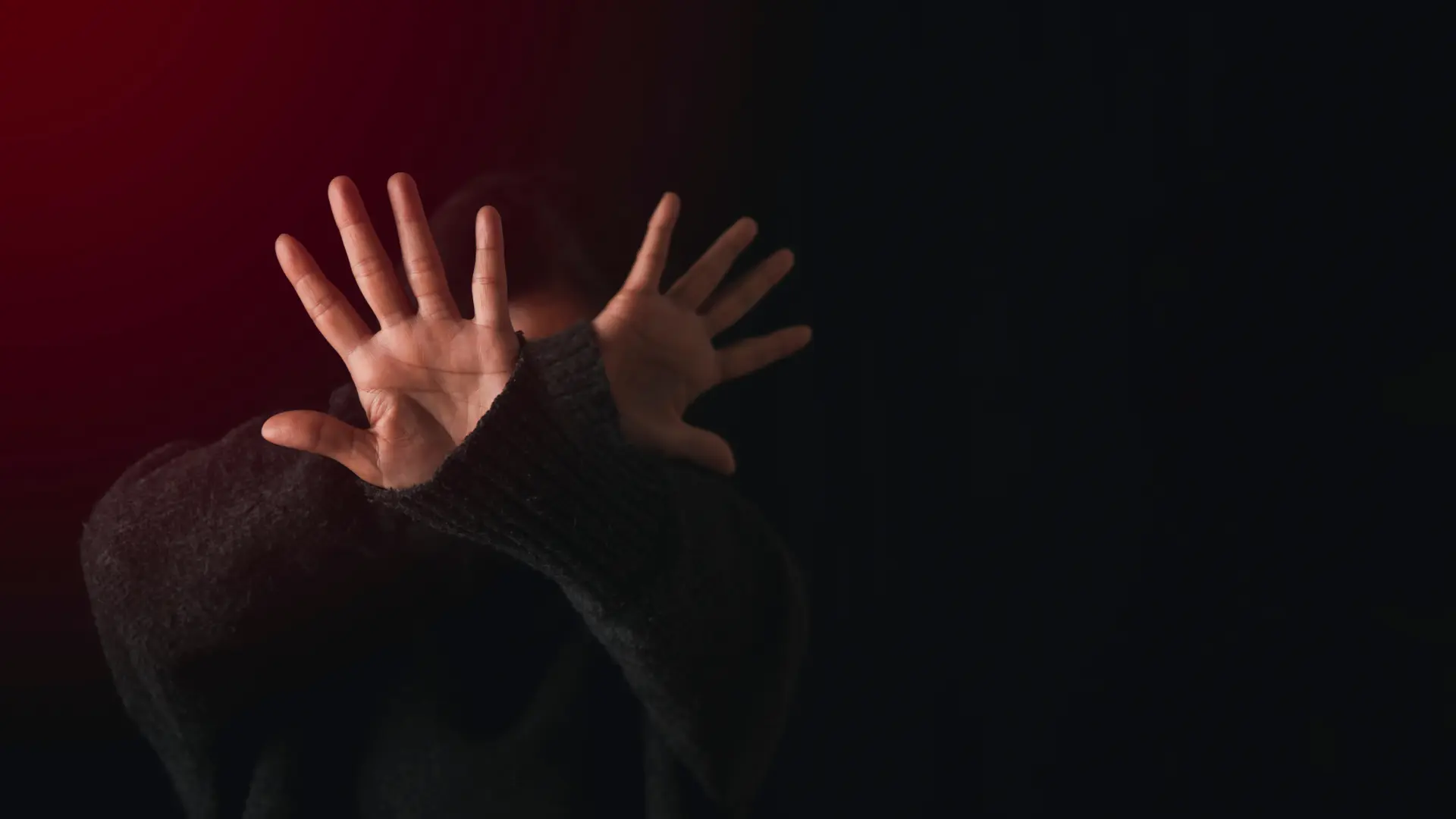A horrific incident shook the city of Kolkata and the entire nation. A young woman was brutally raped, igniting widespread outrage and protests across India. The case, which has become a symbol of the fight for women’s safety, also brought to light the poor working conditions of resident doctors, who have been at the forefront of protests demanding justice.
Kolkata Rape Case: The Horrifying Incident
The brutal rape of the young woman in Kolkata was not just an isolated crime; it was a reflection of the deep-rooted issues that plague Indian society. The crime occurred in a city that prides itself on its cultural heritage and progressive values, yet it exposed the vulnerabilities women face daily. The incident was so shocking that it triggered an outpouring of anger and grief, with thousands taking to the streets to demand justice.
Public Outcry and Protests
The response to the rape was immediate and widespread. Protests erupted across the city, with people from all walks of life joining hands to demand more protection for women. The protests were not just about this one case but were a broader call for systemic change. The poor working conditions of resident doctors, who were also protesting at the time, became intertwined with the movement, as they too demanded better safety and working conditions.
Chief Minister Mamata Banerjee’s Response
In the aftermath of the incident, West Bengal Chief Minister Mamata Banerjee took a strong stance, demanding the death penalty for the perpetrator. This move was seen by many as a reaction to the public outrage and a bid to show that the state government was taking the issue seriously. However, critics argue that the demand for the death penalty was more about political optics than a genuine attempt to address the underlying issues.
Violence and Vandalism
The case also led to a disturbing wave of violence and vandalism. A mob, angered by the incident and the government’s response, vandalized the hospital where the victim was being treated. Protesters were attacked, and the situation quickly escalated, highlighting the state’s failure to maintain law and order. The violence underscored the deep frustration and anger that many felt towards the state’s handling of the situation.
Political Fallout
The ruling Trinamool Congress (TMC) faced significant criticism for its handling of the rape case. Leaders within the party who spoke out against the government’s response were sidelined, and in some cases, even attacked. One spokesperson was removed from his post for criticizing the TMC’s handling of the situation, revealing the extent to which the party was willing to go to control the narrative.
The BJP’s Role and Allegations
While the TMC was under fire, the opposition Bharatiya Janata Party (BJP) was not without its own controversies. The BJP government was accused of protecting its own Member of Parliament, Brij Bhushan Singh, who had been accused of sexual harassment by some of India’s top Olympic-winning wrestlers. This allegation added another layer of complexity to the already volatile situation, as it highlighted the political double standards in dealing with such sensitive issues.
Supreme Court Criticism
The Supreme Court of India did not remain silent on the matter. The court criticized Mamata Banerjee’s government for its handling of the incident, pointing out the failures in providing adequate protection and justice for women. The criticism from the highest judicial authority in the country added to the mounting pressure on the state government to take more decisive action.
The Broader Issue of Rape Culture
The Kolkata rape case is not just about one incident; it is a stark reminder of the deeply entrenched rape culture in India. Despite numerous laws and policies aimed at protecting women, the reality is that women continue to face significant challenges in asserting their rights and living without fear. The problem is not just legal but also cultural, with deeply ingrained attitudes towards women that perpetuate violence and discrimination.
The Call for Change
The tragedy in Kolkata has sparked a broader call for change. Women across the country are demanding more than just justice for individual cases; they are calling for systemic reforms that address the root causes of violence against women. This includes better education, more stringent enforcement of laws, and a shift in societal attitudes towards women.
The Role of Women in Reclaiming Their Lives
In the face of such overwhelming challenges, women in India are not backing down. They are reclaiming their lives, their rights, and their place in society. The protests and movements sparked by the Kolkata case are part of a larger struggle for gender equality and justice. Women are demanding that politicians and leaders be held accountable for their actions and that the culture of impunity be dismantled.
Holding Politicians Accountable
One of the most significant outcomes of the Kolkata rape case has been the growing demand for political accountability. The public is increasingly unwilling to accept empty promises and superficial gestures from their leaders. There is a growing recognition that real change requires holding politicians accountable for their actions and ensuring that they take meaningful steps to protect women’s rights.
The Importance of Legal Reforms
Legal reforms are a crucial part of the solution. While India has made some progress in strengthening laws related to sexual violence, much more needs to be done. This includes not only tougher penalties for perpetrators but also better support systems for survivors, including counseling, legal aid, and protection from harassment and intimidation.
Education as a Tool for Change
Education is another vital tool in the fight against rape culture. By educating young people about gender equality, consent, and respect for women, society can begin to change the deeply ingrained attitudes that lead to violence. Schools, colleges, and communities must all play a role in fostering a culture of respect and equality.
The tragic rape case in Kolkata has highlighted the urgent need for political accountability, legal reforms, and a cultural shift towards gender equality. While the road ahead is long and challenging, the protests and movements that have emerged in response to the case are a testament to the resilience and determination of women in India. They are not just fighting for justice in one case; they are fighting for a future where all women can live without fear and with dignity.




